Creators of 'One Piece': Power of Bonds, Legacy, and Chosen Family
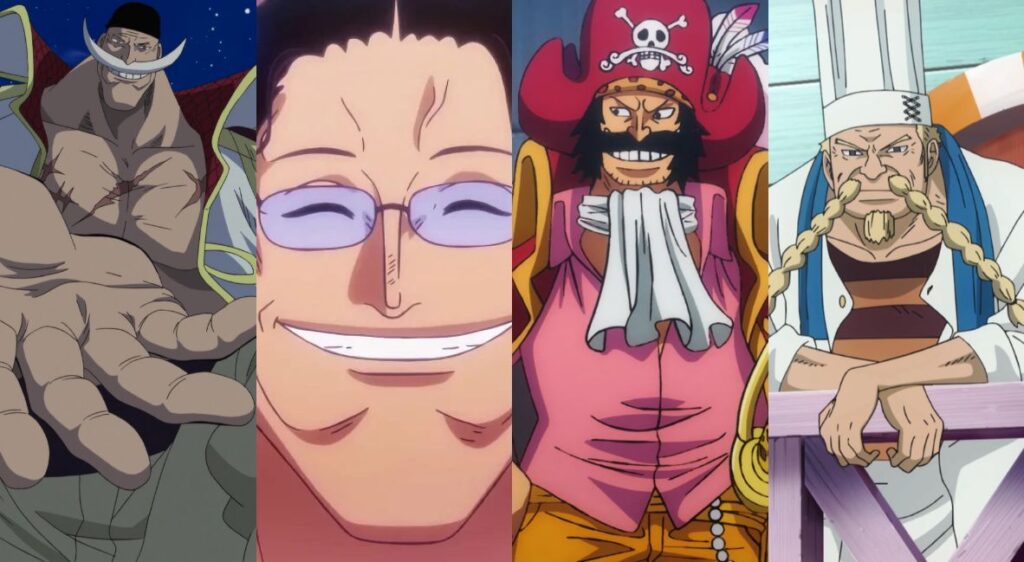
One Piece creator Eiichiro Oda is a father to two daughters. That personal experience may help explain why he repeatedly uses the themes of family, specifically the relationships and bonds between fathers and their children, as well as found family, to resonate in his work. Throughout the series , One Piece explores what it means to be part of a crew, or, rather, a family, in various ways. Whether through blood, bonds, or the legacies that connect a character to others, the series typically depicts them through the lens of love, sacrifice, estrangement, or healing.
The timeliness of Father’s Day offers an opportunity to reflect on how One Piece handles fatherhood dynamics across its vast pirate-filled world. These paternal relationships typically highlight the story’s emotional core, which helps drive the characters’ growth and development. This article explores some of the most compelling examples of fatherhood within One Piece and how they exemplify Oda’s recurring theme of family, in all of its forms, as a source of strength.
Bartholomew Kuma and Jewelry Bonney
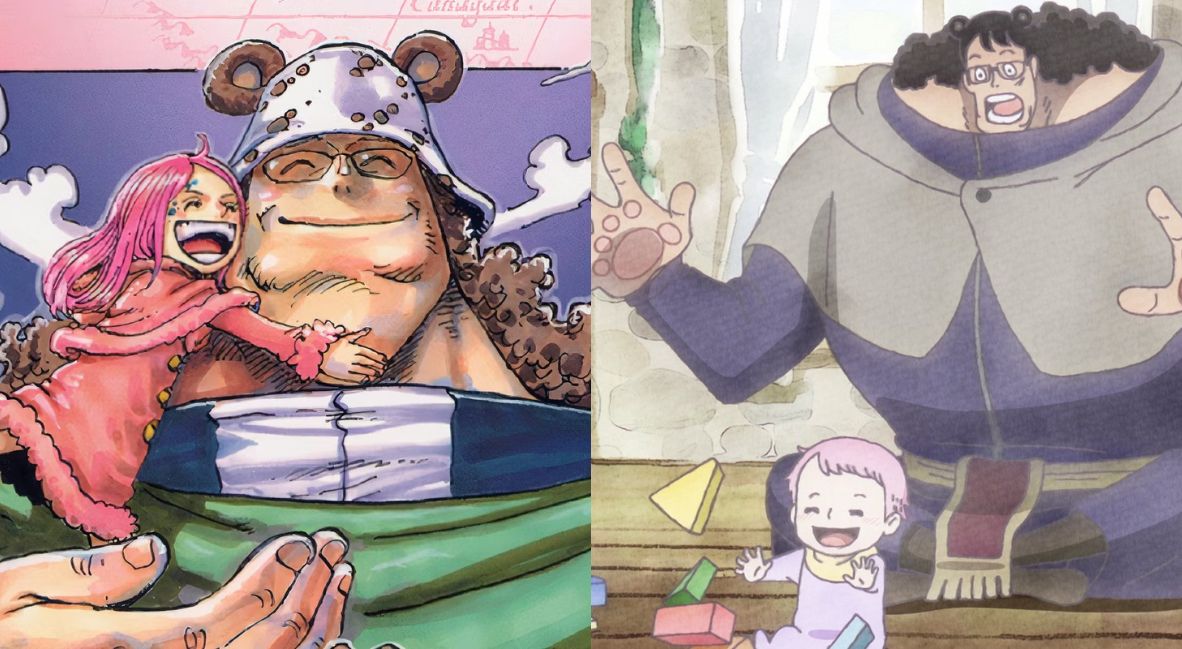
Kuma and his daughter, Bonney’s, story and relationship are being closely examined in the current Egghead Arc of the anime. Kuma, once a slave turned clergyman turned powerful revolutionary, will do anything for his daughter, even if that means giving up his own life for her. Which, in a cruel twist of fate, he does. To help cure Bonney of her rare illness, Kuma agrees to become a mindless weapon for the World Government. Tragically, the transformation into a weapon results in Kuma’s humanity and memories of Bonney being wiped clean, and even worse, he becomes a slave for the Celestial Dragons.
After being cured, Bonney sets out on an adventure of her own to help find and free her father. Bonney never gives up hope that she and her father will be reunited as she becomes a pirate and goes through immense peril and lengths to find her father. Eventually, they are reunited again on Egghead Island, but Kuma’s humanity and memories of Bonney are gone. Despite everything, Kuma’s paternal instincts guide him to protect Bonney at all costs. Kuma and Bonney’s relationship is possibly one of the most tragic yet powerful examples of a father’s love. It reminds us that a father’s love and the special bond with his daughter truly know no bounds.
Gol D. Roger an Portgas D. Ace
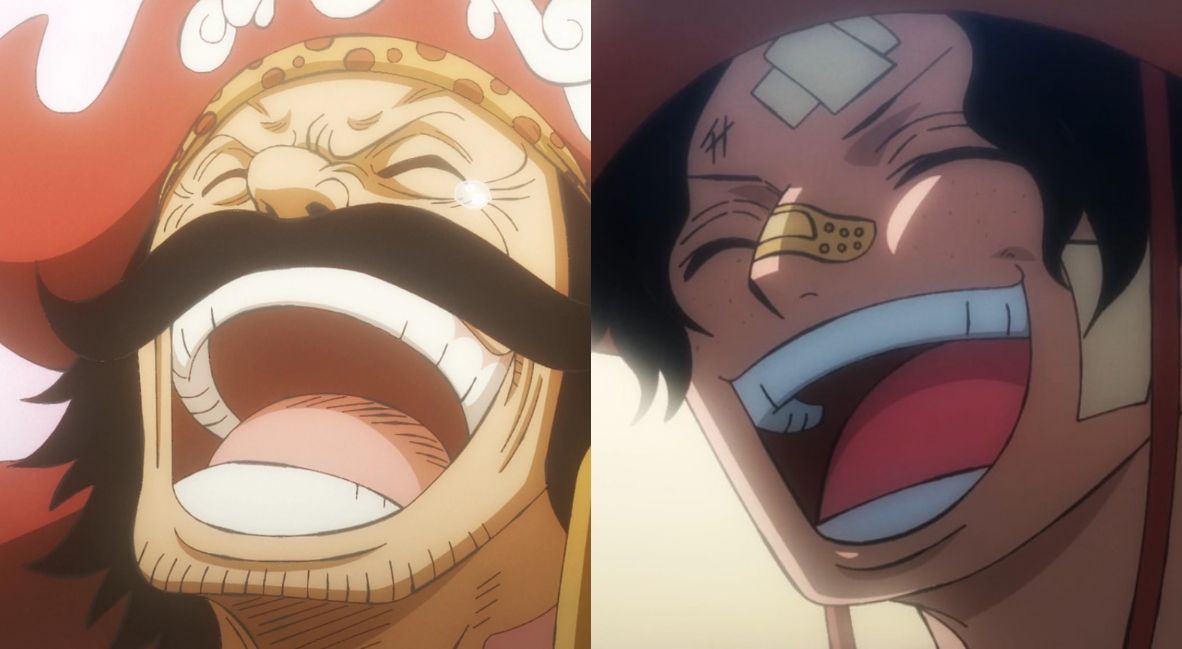
Ace’s relationship with his father, the late Pirate King, Gol D. Roger, is probably one of the more complicated father-son relationships in One Piece . Born after Roger’s execution, Ace never got to meet his father, but Roger’s legacy placed a painful shadow over Ace, which haunted him for most of his life. Instead of admiring Roger as the Pirate King, Ace grew up resenting his father and keeping his lineage a secret. However, as much as Ace may have wished he was not Roger’s son, he did respect his father and would not stand for anyone insulting his name.
Since the World Government convinced the general population to hate Roger and his child, Ace questioned whether he deserved to live or be loved. Eventually, Ace set out to escape his father’s legacy and pave his path in life. Ace’s resolve led him to find the love and acceptance he craved in his found family members, such as Luffy , Sabo, and Whitebeard.
Whether Ace knew it or not, his father did love him. Even with his terminal illness and facing his impending execution, Roger was excited to be a father. Gol D. Roger spent some of his last free days with his pregnant lover Rouge before he willingly turned himself over to the Marines. Following his capture, Roger bragged about becoming a father and entrusted his unborn son’s life to his long-time rival, Monkey D. Garp, to protect him so he would live freely. Roger and Ace’s story is a reminder that a parent’s legacy may shape a person, but it does not have to define them.
Zeff and Sanji
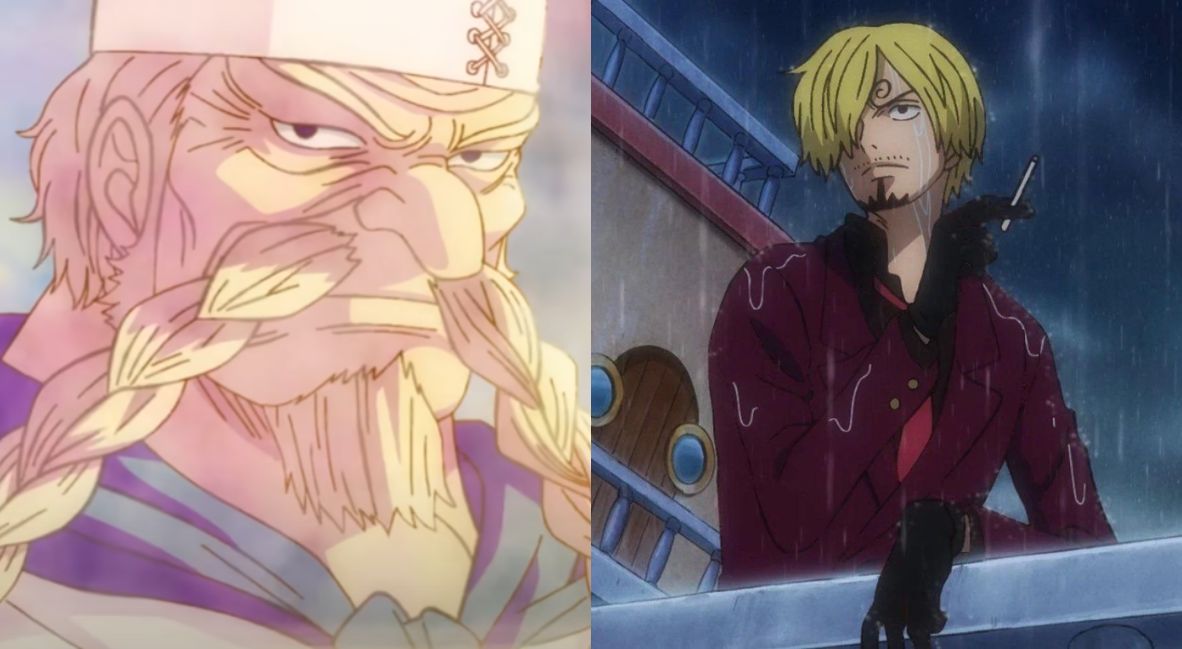
Sanji’s origin is one of One Piece’s most emotionally complex fatherhood arcs . Sanji’s early formative years were spent with his abusive biological father, the king of Germa 66, Vinsmoke Judge. Judge only saw Sanji as a weak failure unworthy to be his son. Even after the loss of his mother, Judge did everything he could to strip Sanji of his empathy and identity and branded him the disgrace of the Vinsmoke lineage. He punished Sanji for having a kind heart and a love of cooking by throwing him in prison with an iron helmet locked on his head.
In contrast to Judge, Zeff provided Sanji with the love and guidance he always needed as his adoptive father. Following a deadly shipwreck, Zeff, a fearsome pirate at the time, saves Sanji’s life by taking them to safety and giving him rations to survive. Unbeknownst to Sanji, Zeff gave all of the food to Sanji and instead cut off and ate his leg so that Sanji could survive.
Following their eventual rescue, Zeff recovers and raises Sanji to become a world-class chef in his restaurant, the Baratie. Although Zeff is stubborn and shows Sanji a lot of tough love, he also teaches him what it means to be a chef, a man of honor, and to protect women, all while instilling in him the value of feeding others. A trait that is a direct contradiction to Vinsmoke Judge’s cruel teachings.
What makes Zeff and Sanji’s relationship especially heartwarming is that Zeff believed in Sanji’s dream of becoming a chef and finding the All Blue, a dream they had in common. During the Whole Cake Island arc, Sanji’s emotional struggle highlights how much Zeff truly means to him, not just as a mentor but as a father. During the arc, Vinsmoke Judge threatened Zeff’s life if Sanji did not follow his orders and return to Germa 66. Torn between his duty as Luffy’s cook and crewmate, Sanji makes the impossible decision to leave the crew to protect Zeff.
There is something poetic about the duality of Sanji’s fathers. On the one hand, he was rejected and unloved by his biological father. On the other hand, he received unconditional support from his chosen father. Zeff and Sanji’s relationship perfectly underscores One Piece’s powerful message that blood is not always the defining factor of a true family.
Whitebeard and His “Sons”
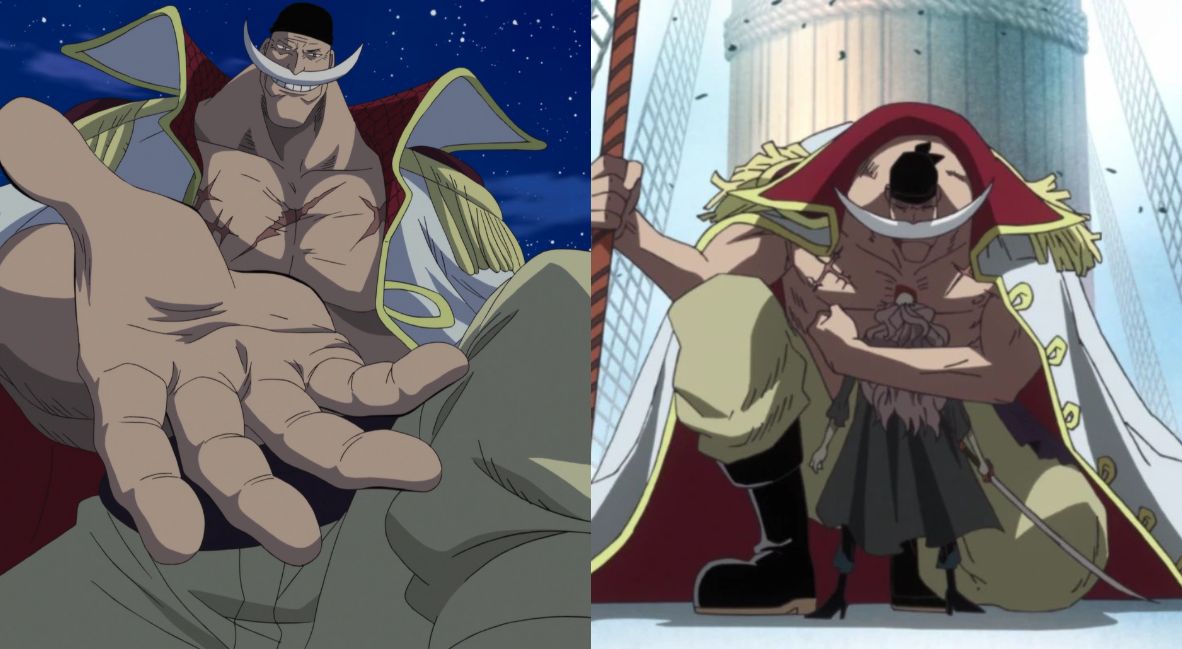
Eiichiro Oda’s storytelling consistently reaffirms that family is not just biological; it can also be a source of identity and strength. There has been no better embodiment of what it means to have a found family than in Edward Newgate, aka Whitebeard’s story. Growing up as an orphan, Whitebeard’s life was lonely and difficult. While other pirates dreamt of treasure and fame, all Whitebeard ever truly wanted was a family. Although he never had any blood-related children, his dream of having a family came true through his pirate fleet and the many islands he protected.
As Whitebeard’s strength and notoriety as a pirate grew, so did his crew. Instead of treating his crew members as subordinates, Whitebeard referred to them as “son” and genuinely loved all of them. Whitebeard would regularly take in people from all walks of life. Whether orphans or outcasts, he welcomed them in, providing a new purpose, structure, and unconditional love. Even after his death, Whitebeard used all of his wealth to help his homeland, Sphinx and remained loyal to his ideals until the end.
Despite his reputation as the world’s strongest man and one of the most feared pirates of the seas, Whitebeard believed in honor, morals, and second chances. Whitebeard’s compassion and protection extended beyond his main crew to many islands, such as Fishman Island. He declared Fish-Man Island as part of his territory, not for power and control but to help protect the oppressed citizens from raids and enslavement.
His closest bond was with Marco, his first mate and doctor, who acted as his right hand and knew the burdens of Whitebeard’s life and his devotion to protecting his homeland. Portgas D. Ace, another beloved son of Whitebeard, was adopted into the crew and grew from a murderous rival to a loyal crewmate who saw Whitebeard as his true father. Whitebeard’s decision to wage war against the World Government and sacrifice himself during the Marineford Arc to save Ace proves his love.
Whitebeard was a feared pirate emperor to the general public, but to his family and those he protected, he was known as “Pops.” Whitebeard’s legacy in One Piece proves that the most significant source of strength and treasure comes from family.
On Father’s Day, One Piece fans can reflect on how the series honors father figures, those who protect, guide, and love despite all odds. Whether through blood, special bonds, or found family, One Piece reminds us that fatherhood and a father’s love can take many forms.
The post Fathers of ‘One Piece’: Powerful Bonds, Legacy, and Found Family appeared first on But Why Tho? .
Post a Comment for "Creators of 'One Piece': Power of Bonds, Legacy, and Chosen Family"
Post a Comment